#YISHREADS December 2023
By Ng Yi-Sheng / @yishkabob
Happy Holidays! And by “holidays”, I mean vacations: journeys to lands strange and new, straddling the worlds of truth and fiction.
But this isn’t your typical survey of travel writing. My selection comprises a British work of “meta-travel-writing”, a pioneering Malay text from the 19th century, two autofictions (one Belgian, one Singaporean) and an Indonesian magical realist novel.
Four out of five of these are translated; all of them challenge our usual notions of the genre as one written by cosmopolitan Westerners gallivanting around the exotic extremities of the Earth—though I can’t say all are strictly anti-colonial! Fasten your seatbelts: we’re in for a bumpy ride.
The Travel Writing Tribe: Journeys in Search of a Genre, by Tim Hannigan
Hurst and Company, 2022
Southeast Asian readers may know this author as the man behind the popular history books Raffles and the British Invasion of Java and A Brief History of Indonesia. But there’s more to his oeuvre than that: back in 2019, I had the luck to invite him to Nanyang Technological University, which is how I discovered his research focus lies in travel-writing studies.
This book is his big exploration of that field—but rather than academic, it's arguably meta-academic: he's talking about his complex feelings about both British travel writing (with its colonial and exoticising legacies—traditional masters of the genre consistently spring from Eton and Oxford) and travel-writing studies (with its perfectly valid postcolonial critique of the travellers, but curious exclusion of the study of aesthetics, plus a lack of agency accorded to both readers and travellees, i.e. the people written about).
The work is a piece of travel writing in itself, with wanderings through the British Isles and Europe in search of prominent voices in the field—Nicholas Jubber, Dervla Murphy, Rory MacLean, Samanth Subramanian, William Darlymple, Monisha Rajesh—and also the archival papers of William Thesiger and Patrick Leigh Fermor, the resting places of Bruce Chatwin and John Mandeville, the mendacious medieval talespinner who kicked off the Anglophone tradition.
And of course it's an interior journey, with him doubting his tactics all the way, his attempting to make up his mind about the ethics of the tradition, especially the very common literary device of changing the facts, whether by rearranging sequences of events or just fictionalising—even experimenting with each author's tactics as he goes. Extremely meta: when Rajesh apologises about her crying baby during their interview, he tells her he can just edit it out.
TBH, it's a little tough going for me as an outsider to this tradition—I wasn't aware of the travel-writing boom of the 90s, and it's a surprise to me to realise how much Paul Theroux is condemned as a racist writer, when in Singapore he's mostly adored for having preserved a piece of Bugis Street in his 1973 novel Saint Jack. Ironically, I'm more familiar with Yijing, the 7th C Chinese monk Hannigan keeps invoking as a challenge to the Eurocentrism of travel writing as he knows it; when he compares the Thames to the Musi River or the Cromer coast to Bali, I get a twinge of recognition rather than a spark of exotica.
But I dig his whole project: a destabilising of all our assumptions of the objective heroic explorer-protagonist—as a working-class Cornishman, he makes a point of considering authors not just through race and gender, but also through class—and an affirmation of the idea that the genre is still thriving, with more diverse voices than before (fascinating when Bulgarian-born Kapka Kassabova explores cosmopolitan cities, there's no longer a clear distinction between traveller and travellee), with more of an embrace of journalism and nature writing rather than homage to the doughty pioneer reporting on the empire for the citizens of the metropole.
(Honestly don't know which chapter to share with my Creative Non-Fiction students, though! There are revelations and experiments everywhere, no centredness to this... which may be the point?)
The Voyage of Abdullah, by Munshi Abdullah
Translated by A. E. Coope
Oxford University Press, 1967
It's weird that folks don't talk more about this book. Published in 1838 under the title Pelayaran Abdullah, it's the author's account of a journey from Singapore to Pahang, Terengganu and Kelantan, making it arguably the earliest surviving work of travel writing by a local author. Bits of it used to be taught in both Malay and English schools here and on the peninsula.
So why isn't it a must-read these days? Partly cos it's been eclipsed by the author's later memoir Hikayat Abdullah, which is way juicier and more useful for historians than this—not to mention longer. (Pelayaran taps out at 89 pages in this edition.)
But principally because it's politically inconvenient. Abdullah spends most of the book complaining about the Rajas of the realms (i.e. not just the Sultans but also the princes), who demand grand demonstrations of respect from their people while keeping slaves, kidnapping women from the wives and daughters of the Chinese, and executing people by impaling them on nipah palms. Meanwhile, they're letting fertile soil go undeveloped and allowing opium and disease to run unchecked.
Which isn't great for developing national/racial pride! He literally quotes a guy as saying, "All of us wish the English would come and take this country, so that the common people could live in peace.” Plus he's super-sarcastic about how conservatives are gonna react, saying, “But perhaps I am wrong in saying anything about this! Perhaps it is an old-world custom! Very well then: stay as you are and wallow in dirt and let your children and your grandchildren and your great-grandchildren wallow too!”
Political commentary aside: he's making brief notes on local costume, exports, geography, sightings of chained elephants and wild boar, brief encounters with Dayak pirates and news of the Kelantan Civil War—these are still dangerous times for travel—citing a story from the Cintamani when considering the habits of weaverbirds. He even remarks on how he himself becomes an attraction: rural folks are astounded at his ambulatory note-taking, exclaiming, "This easterner is indeed clever; he can speak English, and furthermore he can write while walking or standing up!”
So from a travel-writing studies POV, Abdullah's very much a traveller from the powerful metropole, objectifying his travellees... but there is something pure about how he sees them as fellow men, who need to be lifted out of ignorance into progress. He quotes powerful peribahasa: "A frog under a coconut shell thinks that the coconut shell is the sky." Also, for those who would critique him: "They can see a louse in China, but they do not see the elephant perched on their nose."
The Life of Hunger, by Amélie Nothomb
Translated by Shaun Whiteside
Faber and Faber, 2007
Is this non-fiction? Critics seem unsure. It's written like a memoir, focussing on the Belgian author/persona's life from five to twenty-one, spending the 70s and 80s as a precocious diplomat's kid in rural Japan, Beijing under the Gang of Four, New York City, Dhaka, Myanmar and Laos, with hasty notes on university in Brussels before heading back to Japan again.
But the story is so eccentric—she opens by claiming she cannot relate to any art from Vanuatu because people there know no hunger, and describes how hunger for food and beauty consume her childhood thereafter, veering off into bizarre stories of stealing sweets from the garages of the Beijing diplomatic district, physically violent schoolgirl pashes in NYC, plotting to die at the age of 12, along with inhuman capacities for reading and mathematics... so that when we move into unclear sexual violence and horrific anorexia and depression, it's unclear how much licence she's giving herself to bend the facts for the sake of poetic truth.
And lord, this is poetic. Sure, it's translated from French, but the concision of the episodes, the peculiar distance of an unsettlingly intelligent child's eyes on the world... it makes everything gorgeously new and strange.
Warning, though: she hasn't much care for being PC, making sweeping claims about the peoples of the lands where she's lived—at one point she casually makes a comparison to the mirrors on the ceilings of Singapore brothels!
Death by Perfume, by You Jin
Translated by Jeremy Tiang
Epigram Books, 2015
Damn, I've been sleeping on this one! Epigram's translations of Singaporean, mother-tongue authors often don't suit my tastes (different languages come with their own literary conventions), but this volume's great, kinda heartbreaking, and way out of the realm of SingLit cliché.
Originally published in 2010 as《沙漠的悲欢岁月》,this is a series of non-fiction tales, sketching out characters the author met as a young expat wife in Jeddah, Saudi Arabia, in the late 70s (shades of Sanmao!), way before the kingdom began to reinvent itself with bling—descriptions of police beating up vendors who don't abandon their stalls during midday prayers; the bloody city square after a public beheading.
Her focus, however, is the strange world of migrant labour: she shows us desperate Thai labourers, homeless Pakistanis cheated by their agents, drunken British engineers, American jetsetter wives cuckolding their hardworking husbands, Syrian and Egyptian men living in penury and missing their stunningly beautiful wives in Damascus and Cairo... though two working-class Saudis, Ali the policeman and Abdullah the penniless security guard also feature. There might be an element of exoticism and stereotyping here, but quite aside from the tenderness and empathy she's expressing, one character's a domestic worker from her own hometown of Ipoh.
And all of their stories are tragic. Seen from her cloistered existence in an isolated white house which she can seldom leave due to sandstorms, heat and the restrictions on women's mobility, she observes the emotional chaos at dinner parties, the physical degradation of bodies as she takes her infant son to the clinic for his asthma, the fleeting joy and undying despair in these people's lives. Strange also to think of her waiting 30 years to describe them in a language they'd never be able to read, perhaps radically changed under her pen... but made larger than life, wanderers in the purgatory of the desert of global capitalism and patriarchal tradition.
Basically: go check it out. If Jeremy Tiang's bothered to translate it, you can tell it's worth reading!
The Wandering, by Intan Paramaditha
Translated by Stephen J. Epstein
Harvill Secker, 2020
An adult choose-your-own-adventure novel from Indonesia, inspired by fairy tales, principally Hans Christian Andersen's “The Red Shoes”. Sounds right up my alley, right? But I left this on my shelf for three years, intimidated by its thickness, a little suspicious of the potential gimmickiness of its premise. (It's not terribly original, these days, to go all grimdark-feminist on children's classics.)
But now that I've read the whole thing, methodically tracing every potential path of the unnamed protagonist, I'm won over. This really is a bloody good book, one of those novels that embraces all the potential novelty of the genre. Nothing cliché about it.
I may be reading it wrong, but in my eyes, it's fundamentally an autofictional künstlerroman—a narrative of how one becomes an artist, inspired by the author's own life. Sure, our protagonist fucks a Demon Lover and gets magical/cursed red shoes that transport her from Jakarta to New York, but she's still fundamentally an Indonesian everywoman, frustrated by the mediocrity of her middle-class third-world life, confused at the notion of a rental room in the Western metropole and a stipend in USD/euros—a common experience for any one of us who's studied or done a residency abroad.
In some scenarios, she encounters Hecate and her three-headed dog or falls into the tomb of a mysterious Dutch shoemaker, but mostly she's going through the familiar overseas rituals of taking digital photos, economising on food, making strange friends and hearing their stories... often thereafter inspired to create literature or film, or at least pretend she's writing a book.
At the heart of the story is the notion of cosmopolitanism—the author not just showing off her cultural knowledge, with references to the tale of Malin Kundang and The Wizard of Oz, but describing the everyday people she meets in NYC, San Francisco, LA, Berlin, Amsterdam: a Chinese landlord, a Bulgarian sex worker, an Indian couple obsessed with spicy cooking and noisy lovemaking, a gay Filipino hotel worker, a Singaporean Malay man in desperate love with an elusive Vietnamese woman, an elderly American prof married twice to Asian wives, a handsome Peruvian illegal immigrant waiter, a Dutch matron, a German film curator, a Palestinian refugee, a host of Argentine, Burmese and Korean wives of missing husbands. Some of whom the protagonist may choose to love or marry, all of whom leave their mark on her (some appearing in multiple paths: a lover may become a passer-by; a long-lost relative of one may pop up as a landlady in another).
Intan's confronting the strange paradox of Indonesianness: everyone boasts that their ancestors were sailors, but too few have the luxury to travel beyond Malaysia or Singapore. (Even the Demon complains about visa controls.) Never mind what Joseph Campbell says: endings when you return to Jakarta tend to be disappointing—the character's particularly aghast to find herself suddenly veiled and married to a young and handsome TV imam (who's the Demon in disguise, of course); it feels like there's less dismay when she's stuck on an infernal train full of other bad girls who've gone wandering: Amelia Earhart, Josephine Baker, Gertrude Stein.
But to say this also oversimplifies the book, because part of the blessing of the structure is that Intan can let her mind wander too. We touch on the traumas of history: the Holocaust and the Nakba, the Indonesian mass killings of '65 and the anti-Chinese riots of '98. We explore the madness of love in all its forms. And we witness the ordinariness of freedom—the protagonist professes to be a Muslim who doesn't go to mosque; who drinks alcohol and has premarital sex; who befriends gay men; who cringes at her religiously conservative sister—but she isn't punished for this, nor praised for rebellion. This would be politicised in Singaporean or Malaysian literature, but here she's just another woman, figuring herself out.
Which is what us writers often are, honestly. A facility with language is our pair of red shoes, and it can take us to crazy places to meet folks cooler than ourselves. But, as with all the gifts, the Demon Lover can easily take it away.
Ng Yi-Sheng (he/him) is a Singaporean writer, researcher and LGBT+ activist. His books include the short-story collection Lion City and the poetry collection last boy (both winners of the Singapore Literature Prize), the non-fiction work SQ21: Singapore Queers in the 21st Century, the spoken word collection Loud Poems for a Very Obliging Audience, and the performance lecture compilation Black Waters, Pink Sands. He recently edited A Mosque in the Jungle: Classic Ghost Stories by Othman Wok and EXHALE: an Anthology of Queer Singapore Voices. Check out his website at ngyisheng.com.
If you’ve enjoyed reading this article, please consider making a donation. Your donation goes towards paying our contributors and a modest stipend to our editors. Singapore Unbound is powered by volunteers, and we depend on individual supporters. To maintain our independence, we do not seek or accept direct funding from any government.






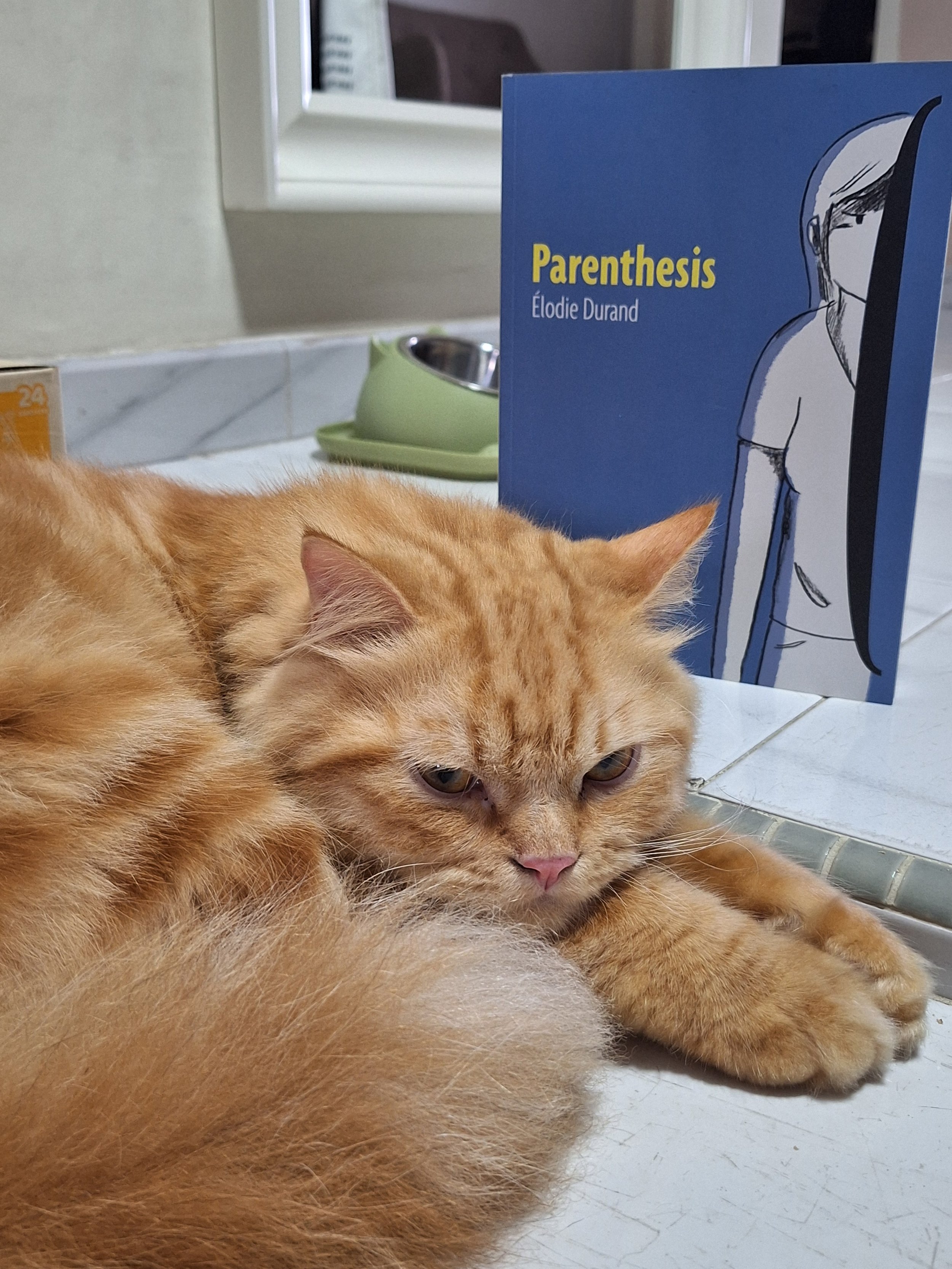
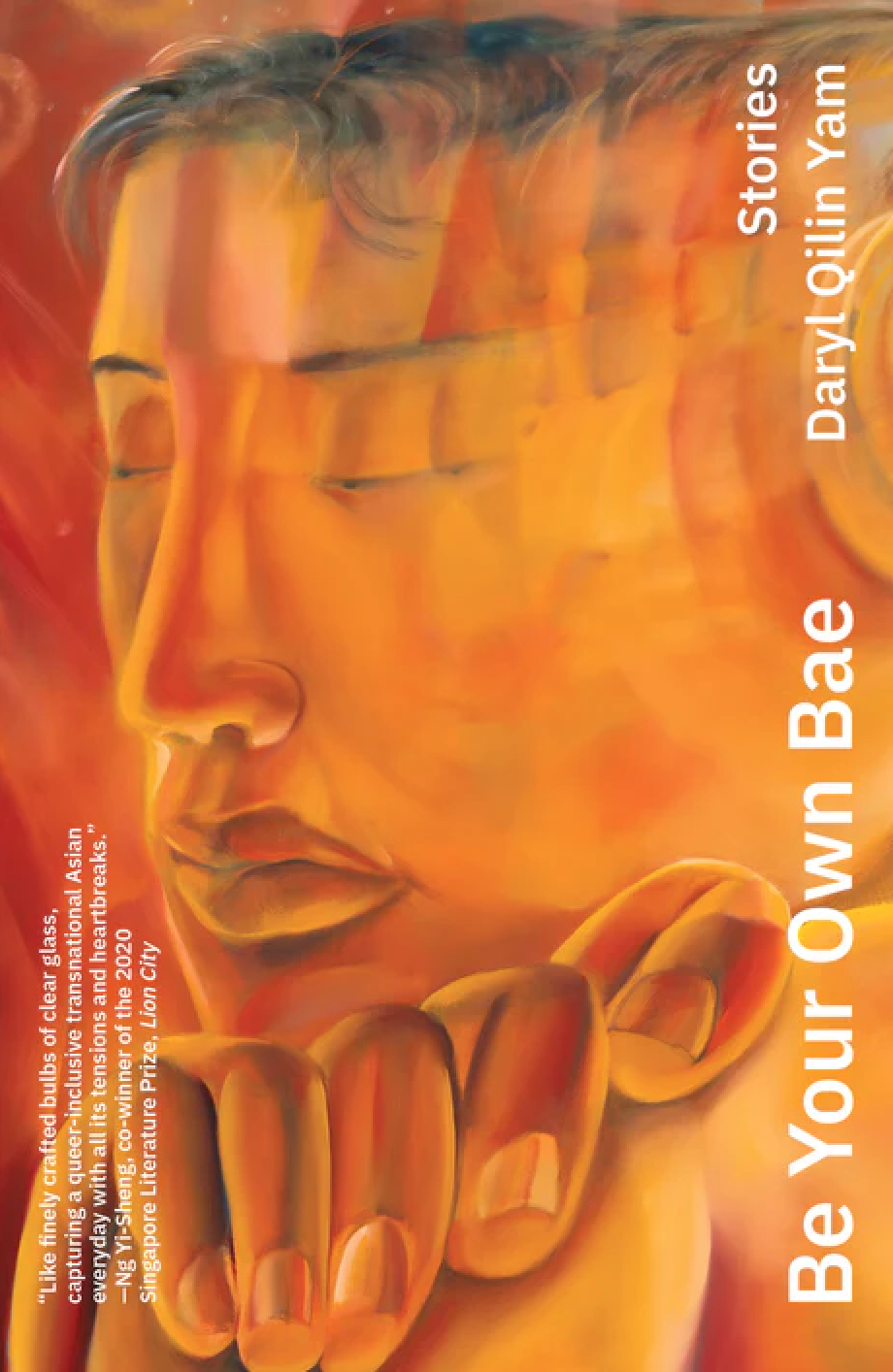
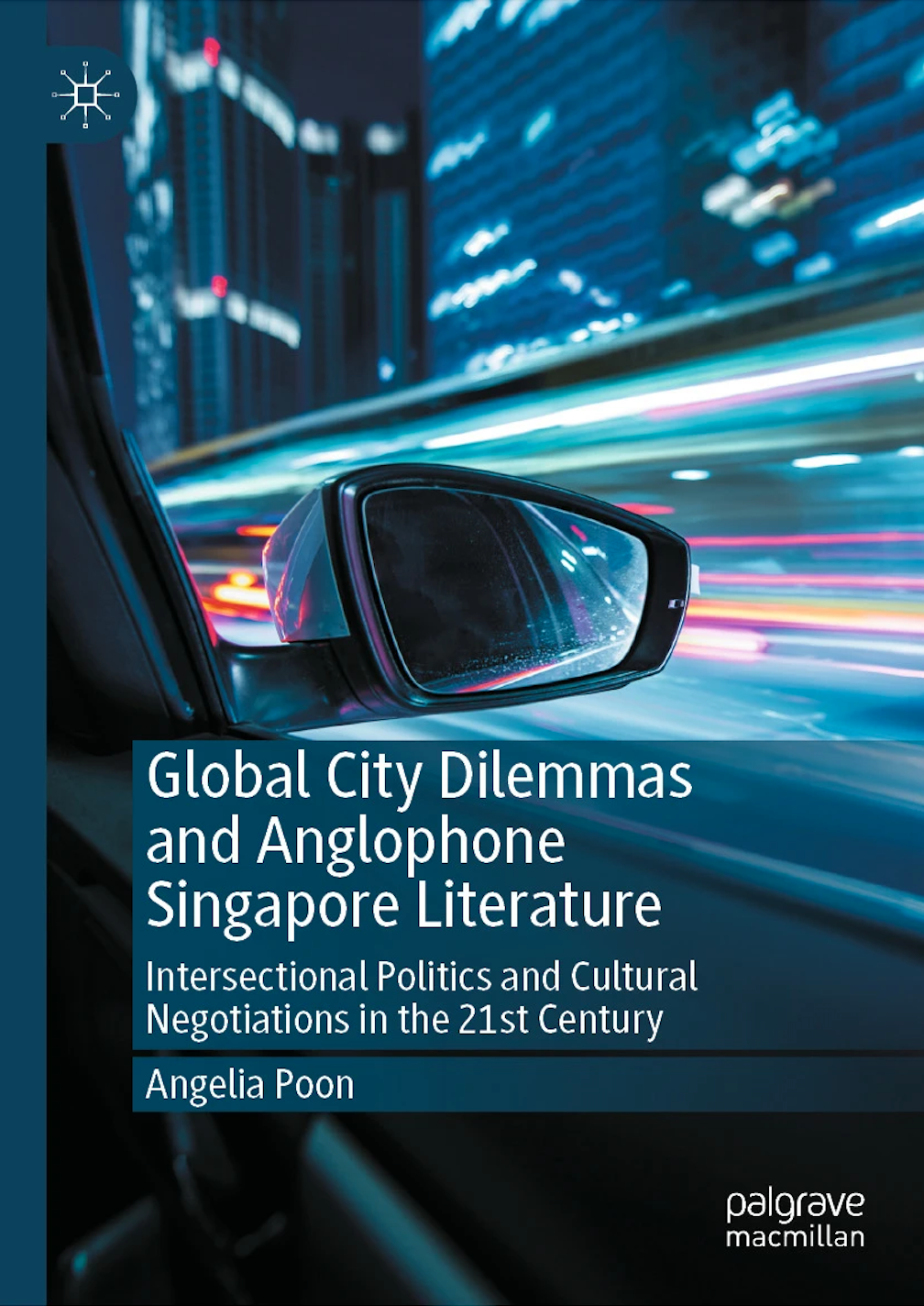
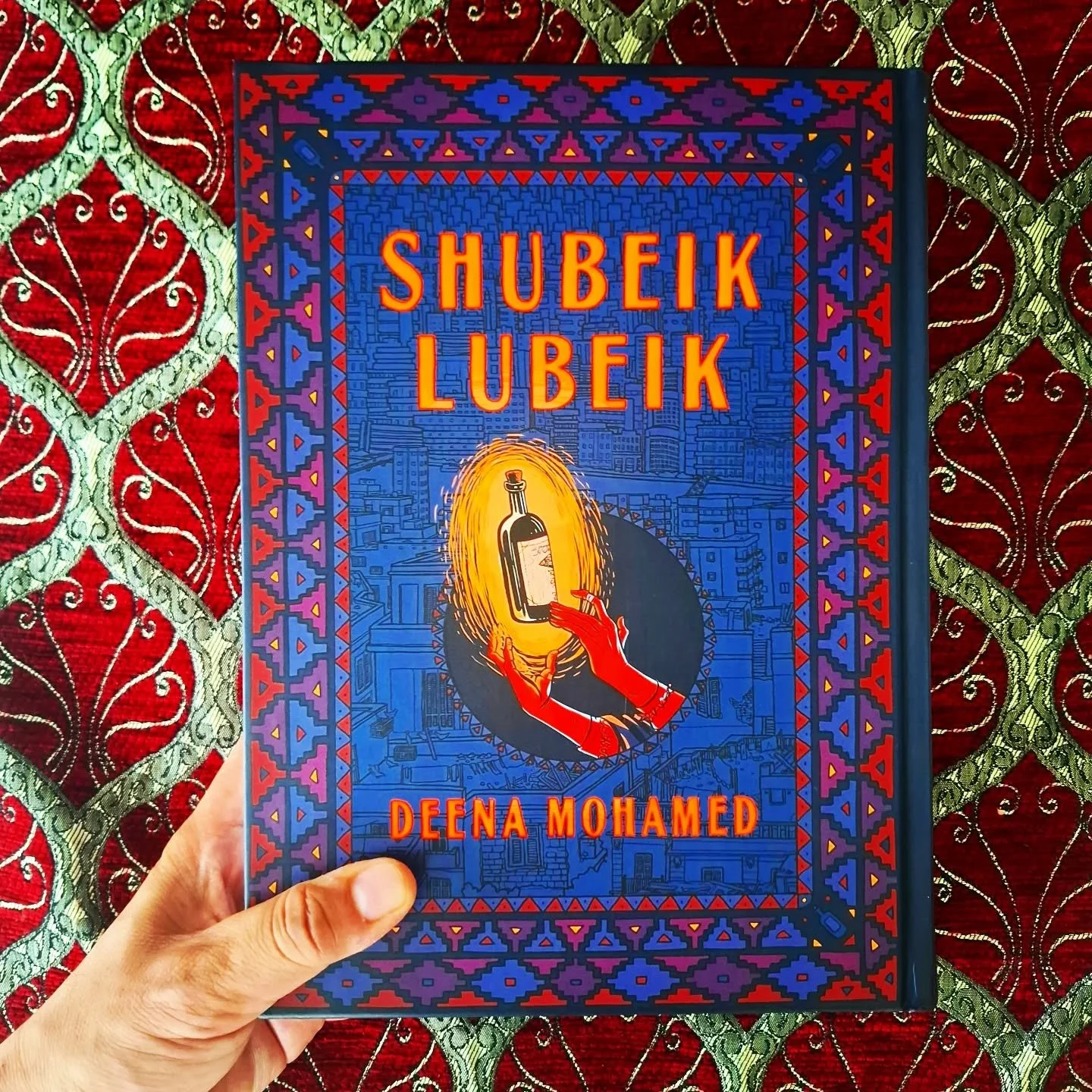



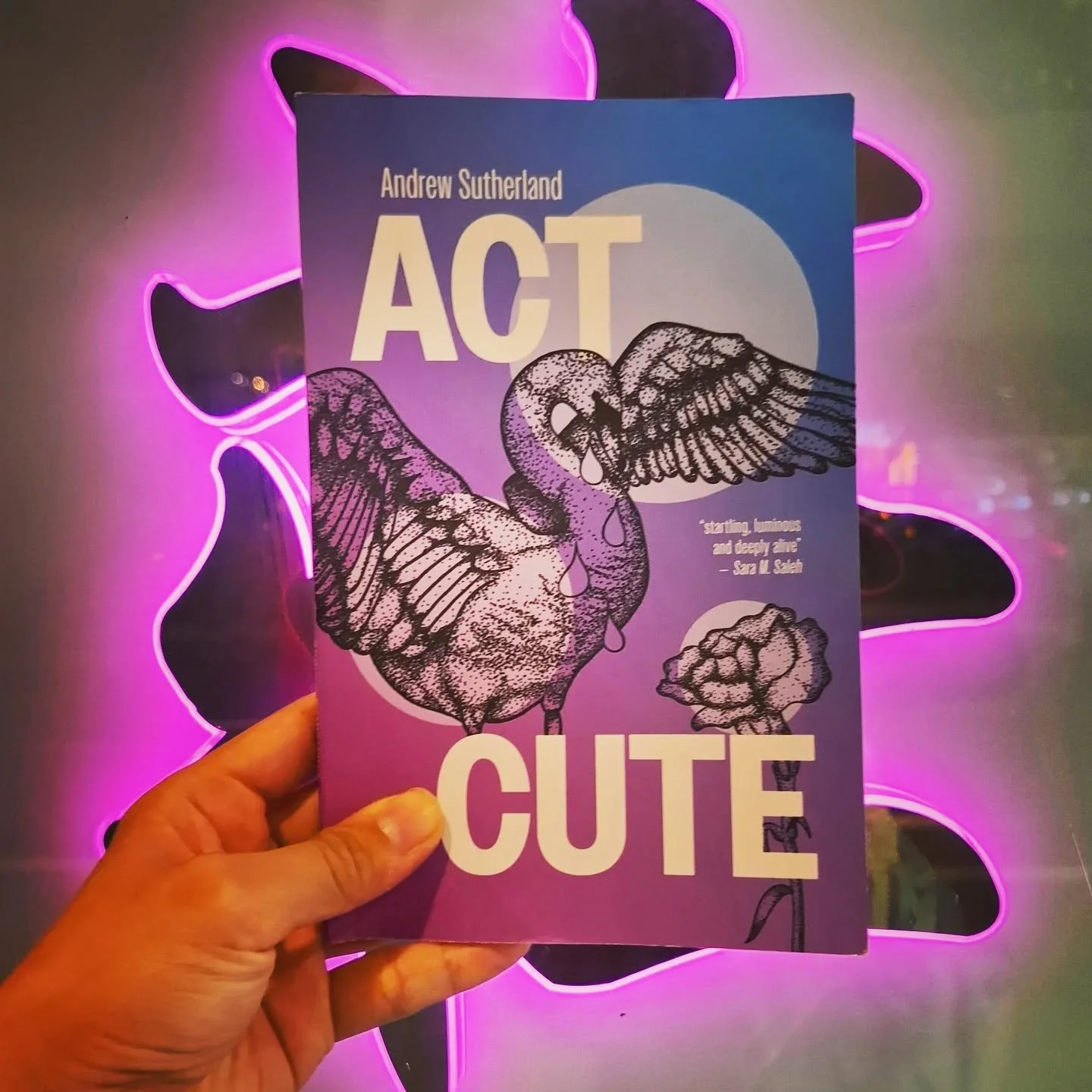
In Taiwan Travelogue, ‘twinned souls… are at once lost, but also found, in translation.’ A review by Eunice Lim.